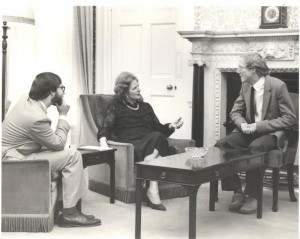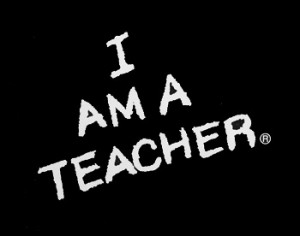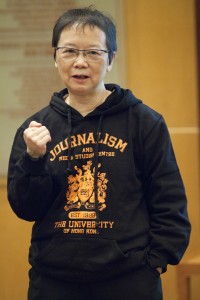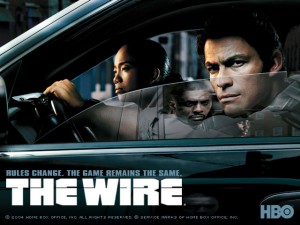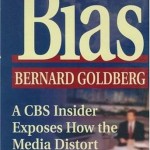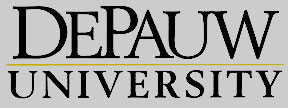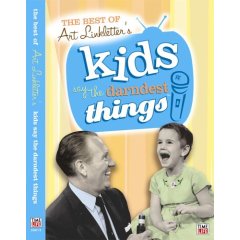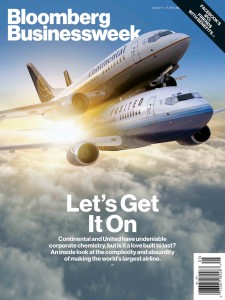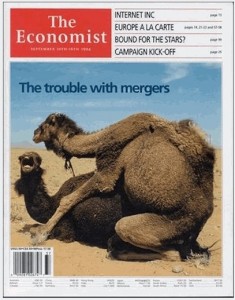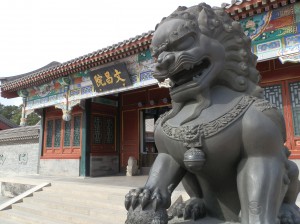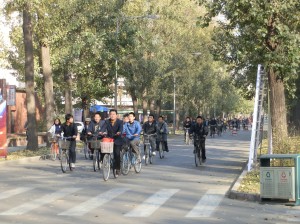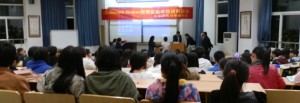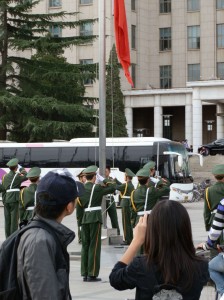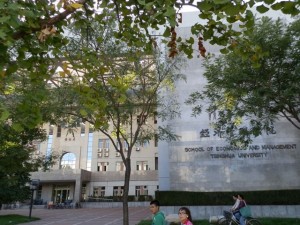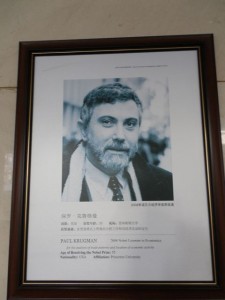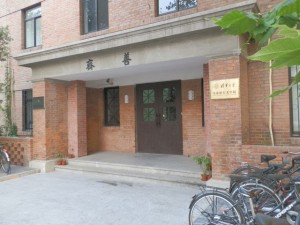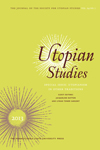 For journalism profs who hail from the mainstream media – or the public prints, as they were once known – academic journals seem foreign, a bit intimidating and, maybe, a touch esoteric. If one has written for, say, The New York Times, Wall Street Journal or Time magazine, small, densely written and heavily footnoted quarterly, biannual or annual pubs with modest audiences seem a world apart.
For journalism profs who hail from the mainstream media – or the public prints, as they were once known – academic journals seem foreign, a bit intimidating and, maybe, a touch esoteric. If one has written for, say, The New York Times, Wall Street Journal or Time magazine, small, densely written and heavily footnoted quarterly, biannual or annual pubs with modest audiences seem a world apart.
But I am learning that such journals, like good poetry magazines, can be more fascinating and engaging than pubs that cater to the mass market. Rather like Indie music compared with the mainstream stuff, the world of the academic specialist can be a rich and intriguing place. It’s a welcome alternative to the fluff, panic and tawdry gabble that dominates Big Media.
Consider Utopian Studies, a biannual edited by Nicole Pohl of Oxford Brookes University and produced by folks at the Penn State University Press. Its latest issue includes a piece by Alireza Omid Bakhsh, an assistant professor at the University of Tehran, called “The Virtuous City: The Iranian and Islamic Heritage of Utopianism.” Bakhsh discusses the Shiite Utopian vision of Abu Nasr, who lived approximately from 870-950 and wrote about cosmology, man’s physical and spiritual nature and the structure of society. Who knew? And, if not for Utopian Studies, who outside of Iran would?
But the journal is also modern. Another piece, “The Business of Utopia: Estidama and the Road to the Sustainable City,” by London-based King’s College geography researcher Federico Cugurullo, argues that eco-cities can be bad socially and ecologically. Cugurullo probes current development strategies in Abu Dhabi to make his case.
Still another contribution looks to the past to shed light on the present. “’New Year’s Dream’: A Chinese Anarcho-cosmopolitan Utopia” examines a 1904 story by intellectual Cai Yuanpei that designs a better world. The piece, by UCLA Ph.D. candidate Guangyi Li, analyzes the theme of national and world revolution in the tale to broaden our understanding of utopianism and anarchism. Hear echoes of Mao and the less starry-eyed visions of modern Chinese leaders?
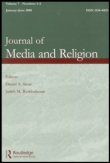 University presses and houses such as Routledge produce a bevy of such journals. Academic groups such as the Association for Education in Journalism and Mass Communication produce still others, ranging in their focus from advertising education and electronic news to international communication and magazines and new media research. Such journals can look at their topics with a wide lens or a narrow one, and both can be intriguing.
University presses and houses such as Routledge produce a bevy of such journals. Academic groups such as the Association for Education in Journalism and Mass Communication produce still others, ranging in their focus from advertising education and electronic news to international communication and magazines and new media research. Such journals can look at their topics with a wide lens or a narrow one, and both can be intriguing.
Consider the Journal of Media and Religion, co-edited by Daniel A. Stout of the University of Nevada, Las Vegas, and published four times a year by Routledge. A piece in its latest issue is titled “Mapping the Landscape of Digital Petitionary Prayer as Spiritual/Social Support in Mobile, Facebook, and E-mail.” Authors E. James Baesler and Yi-Fan Chen, both of Old Dominion University, examine how people pray, surprisingly, in the three media. Another piece, “Seeing the Light: Mormon Conversion and Deconversion Narratives in Off- and Online Worlds,” probes the online discussions of “questioning and former Mormons,” comparing them with testimonies of the faithful. Author Rosemary Avance is a doctoral candidate at the Annenberg School for Communication at the University of Pennsylvania who also hangs her hat at the University of Utah as a Mormon studies fellow.
Fascinating stuff.
 Unless one is focused on certain specializations, of course, one is unlikely to ever hear of such journals. I learned of the two I’ve mentioned, along with many others, from Signe Boudreau, a delightful reference librarian and associate professor at the University of Nebraska. Signe is helping me plumb the journal world to see where my academic interests might find outlets.
Unless one is focused on certain specializations, of course, one is unlikely to ever hear of such journals. I learned of the two I’ve mentioned, along with many others, from Signe Boudreau, a delightful reference librarian and associate professor at the University of Nebraska. Signe is helping me plumb the journal world to see where my academic interests might find outlets.
Thanks to Signe, I now have pieces under consideration in both these journals. They spring from my research on a Utopian community of meditators in Fairfield, Iowa. My book on the group, titled “Transcendental Meditation in America: How a New Age Movement Remade a Small Town in Iowa,” is slated for publication next year by the University of Iowa Press.
The work published in such journals sometimes goes mainstream, of course. Making economics journal articles accessible to a mass audience, in fact, was a favorite assignment for me in grad school, thanks to my journalist-turned-economist professor, Ron Krieger. That exercise helped me in writing both at newspapers and magazines. More typically, of course, journal authors wind up quoted as experts on some topic timely enough to make headlines. Savvy journalists, it’s clear, do well to pay attention to this corner of publishing – and they are likely to find it pretty darn intriguing.

